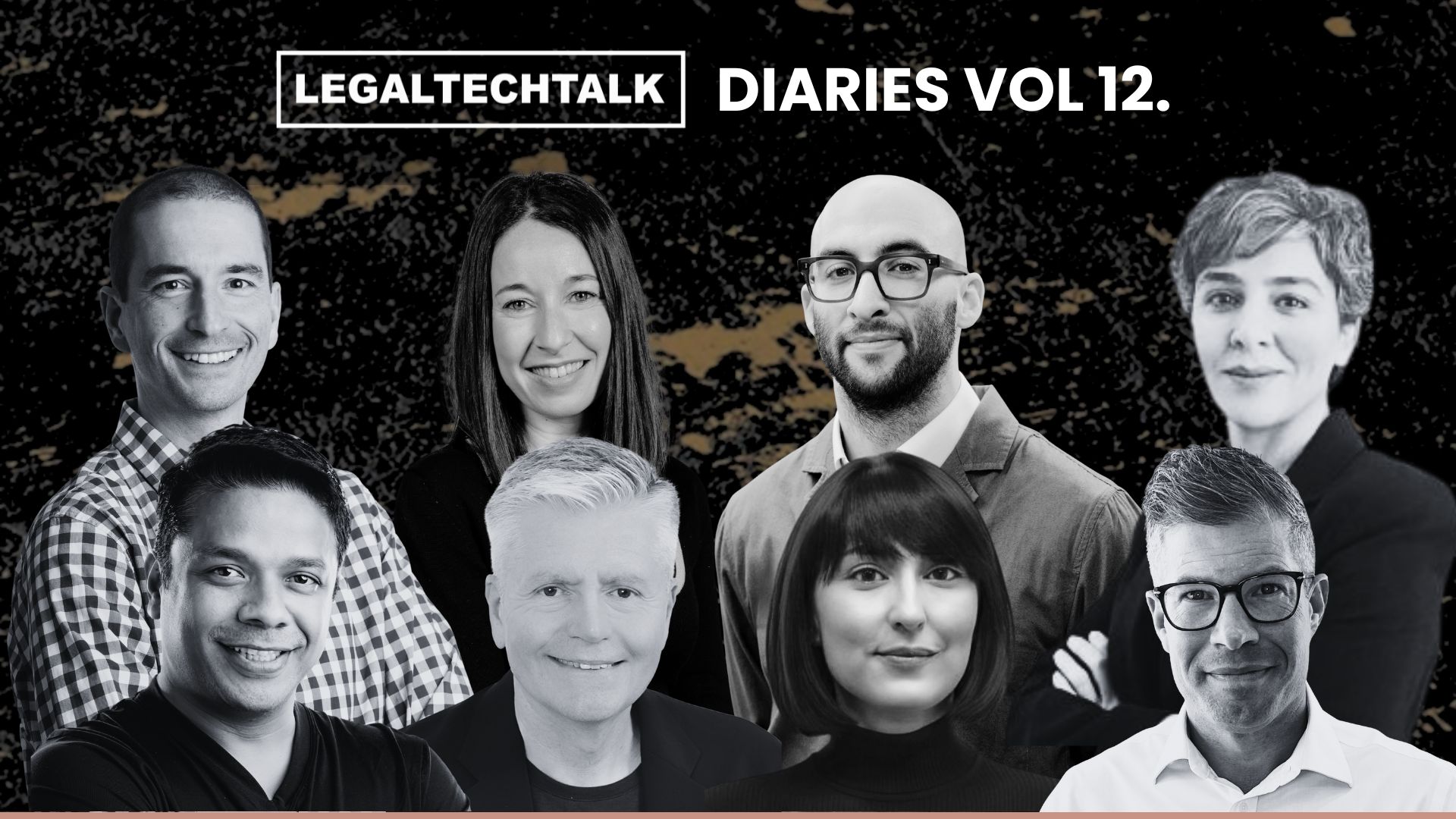Over 528 documents in its Decisions and Licences collections—already published on the Board’s website—now come with built-in AI summaries. And we’re once again proud to be leading this shift by powering this feature via the Copyright Board’s existing Decisia account.
What’s new?
If you’ve visited the Copyright Board’s website before, you’ve seen the rich library of Decisions and Licences documenting how royalties are set, licences are granted, and disputes are resolved. Until recently, accessing that information meant reading full-length legal texts, often dense and technical to understand what the case is about and why it matters. Now, when you open one of these documents, you’ll notice a new addition just below the metadata box that displays key details about the case. A small, clearly labeled “AI Summary” dropdown reveals a structured summary of the document, breaking down the core elements of the case in clear, accessible language. And it’s not just a simplistic blurb. They’re structured overviews that match how legal professionals naturally digest and analyze rulings.
Each summary is divided into five key sections:
- Overview — A concise, plain-language explanation of what the decision or licence is about.
- Parties’ Submissions — A breakdown of the arguments made by each party involved in the case.
- Legal Issues — The central legal or procedural questions the Board considered.
- Decision — A clear statement of what the Board ruled or authorized.
- Reasons — A brief, structured explanation of the rationale behind the decision.
By presenting this information at the outset, it allows readers to immediately grasp the essence of a document without having to read through dozens of paragraphs.
Why is this important?
For institutions like the Copyright Board of Canada, ensuring content is well-formatted, accurate and accessible is a core responsibility. Yet when it comes to helping users understand that content, particularly decisions and rulings, few institutions have the capacity to produces summaries or contextual explanations. Creating structured summaries for hundreds (or thousands) of legal documents is simply too resource-intensive to be completed manually — and as a result, most collections are published with minimal guidance beyond basic metadata.
That’s exactly where AI-generated summaries offer game-changing potential. For any institution looking to enhance the value of its legal content, AI makes it possible to automatically generate clear, structured overviews of each document without increasing editorial workload. Thanks to Decisia, AI summaries can be generated by our clients from our administrative interface, without the need to hire new staff or to invest in new tools, or complex workflows.
These summaries provide great value to end-users, including legal professionals, students, journalists, and citizens. It not only gives them immediate insight into each document but also saves them valuable time. And because each summary is clearly marked as automatically generated and non-official, institutions can provide this added value while maintaining trust and transparency.
Explore the summaries yourself
Want to see it in action? Simply head to the Copyright Board’s Decisions and Licences collections online. Open any document and you’ll spot the “AI Summary” section just below the metadata headnote at the top of the page. A quick read will tell you what you’re dealing with, why it matters, and what the Board decided—before you delve into the in-depth legal text.
Beyond Summaries: Transforming Legal Publishing with AI Enrichments
For legal institutions aiming to improve access to justice and better serve their users, AI summaries are just the beginning. Our full suite of AI enrichments allows our clients to turn raw legal texts into interactive, searchable knowledge bases without writing a single line of code or hiring additional staff. These tools make their legal databases more navigable, more transparent, and more useful to every visitor. And because they are embedded with the legal publishing platform they already use, adoption is fast, risk is low, and impact is immediate. With AI enrichments, the next generation of legal publishing isn’t just within reach—it’s already here.









